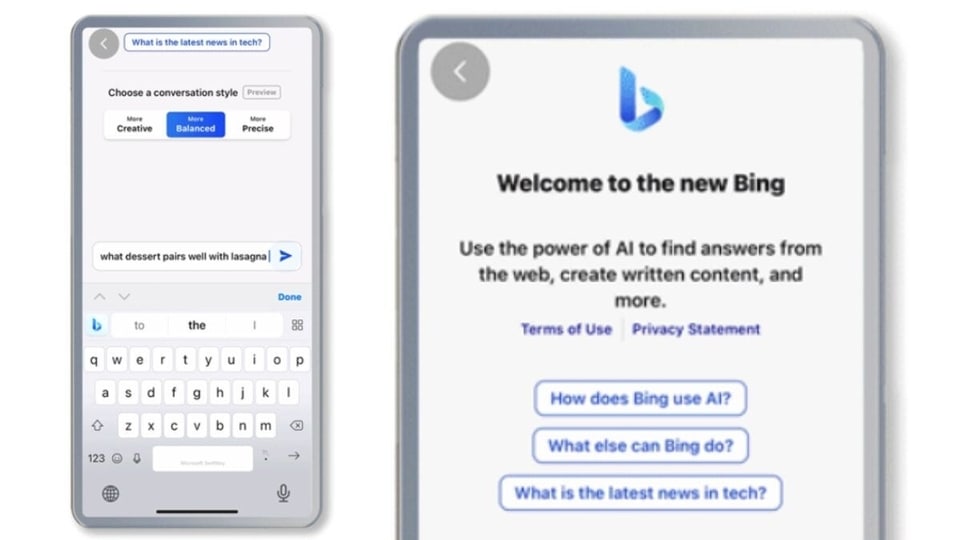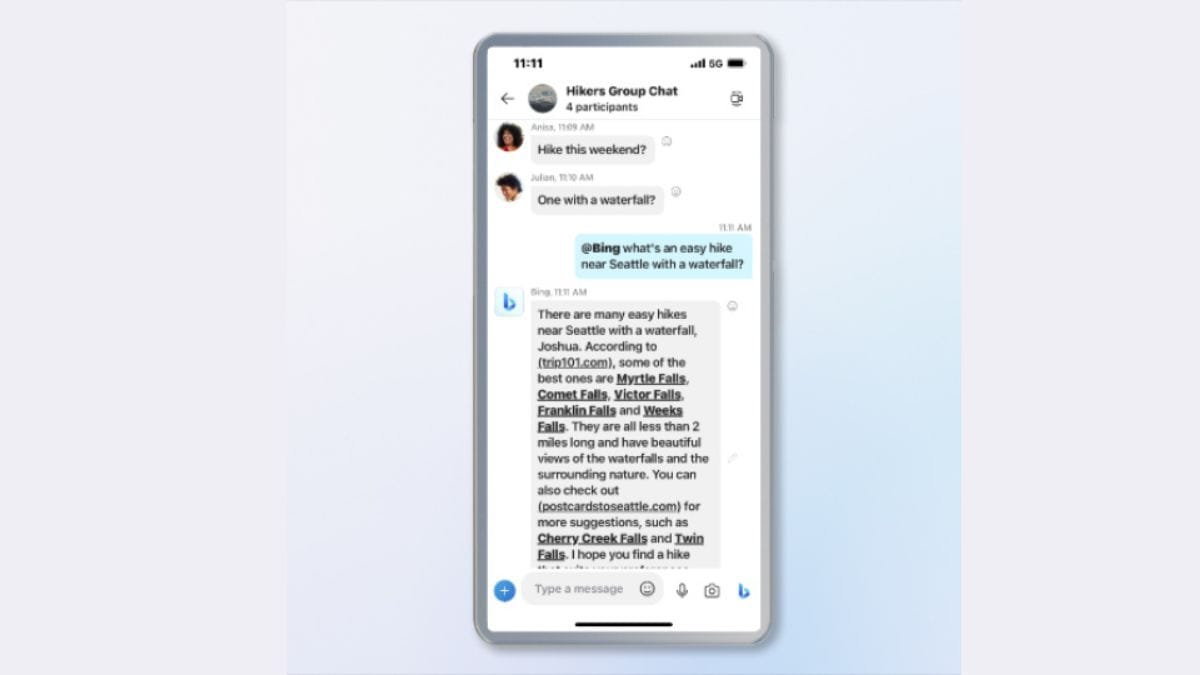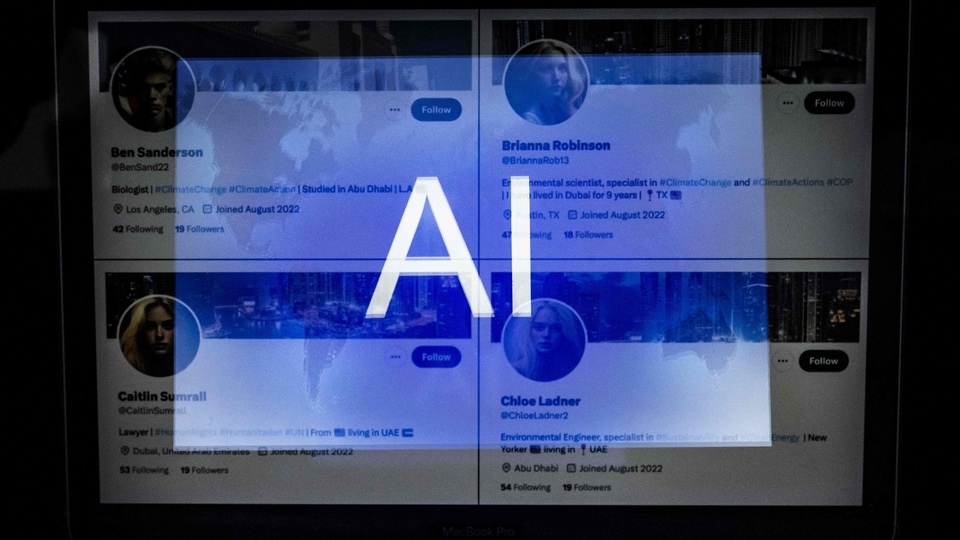Humans could be replaced by AI: Study
Researchers found 'AI (particularly large language models, or LLMs) may alter the nature of their work. The study was published in Journal, 'Science.'






 View all Images
View all ImagesResearchers found 'AI (particularly large language models, or LLMs) may alter the nature of their work.
The study was published in Journal, 'Science.'
Grossmann and colleagues observed that large language models trained on massive amounts of text data are becoming more capable of simulating human-like responses and behaviour. This opens up new avenues for testing theories and hypotheses about human behaviour at unprecedented scale and speed.
"What we wanted to explore in this article is how social science research practices can be adapted, even reinvented, to harness the power of AI," said Igor Grossmann, professor of psychology at Waterloo.
Traditionally, social sciences rely on a range of methods, including questionnaires, behavioural tests, observational studies, and experiments. A common goal in social science research is to obtain a generalized representation of the characteristics of individuals, groups, cultures, and their dynamics. With the advent of advanced AI systems, the landscape of data collection in social sciences may shift.
"AI models can represent a vast array of human experiences and perspectives, possibly giving them a higher degree of freedom to generate diverse responses than conventional human participant methods, which can help to reduce generalizability concerns in research," said Grossmann.
"LLMs might supplant human participants for data collection," said UPenn psychology professor Philip Tetlock, adding, "In fact, LLMs have already demonstrated their ability to generate realistic survey responses concerning consumer behaviour. Large language models will revolutionize human-based forecasting in the next 3 years. It won't make sense for humans unassisted by AIs to venture probabilistic judgments in serious policy debates. I put a 90 per cent chance on that. Of course, how humans react to all of that is another matter."
While opinions on the feasibility of this application of advanced AI systems vary, studies using simulated participants could be used to generate novel hypotheses that could then be confirmed in human populations.
But the researchers warn of some of the possible pitfalls in this approach - including the fact that LLMs are often trained to exclude sociocultural biases that exist for real-life humans. This means that sociologists using AI in this way couldn't study those biases.
Professor Dawn Parker, a co-author of the article from the University of Waterloo, notes that researchers will need to establish guidelines for the governance of LLMs in research.
"Pragmatic concerns with data quality, fairness, and equity of access to the powerful AI systems will be substantial," Parker said, adding, “So, we must ensure that individuals, groups, cultures, LLMs, like all scientific models, are open-source, meaning that their algorithms and ideally data are available to all to scrutinize, test, and modify. Only by maintaining transparency and replicability can we ensure that AI-assisted social science research truly contributes to our understanding of human experience.”
Catch all the Latest Tech News, Mobile News, Laptop News, Gaming news, Wearables News , How To News, also keep up with us on Whatsapp channel,Twitter, Facebook, Google News, and Instagram. For our latest videos, subscribe to our YouTube channel.






































